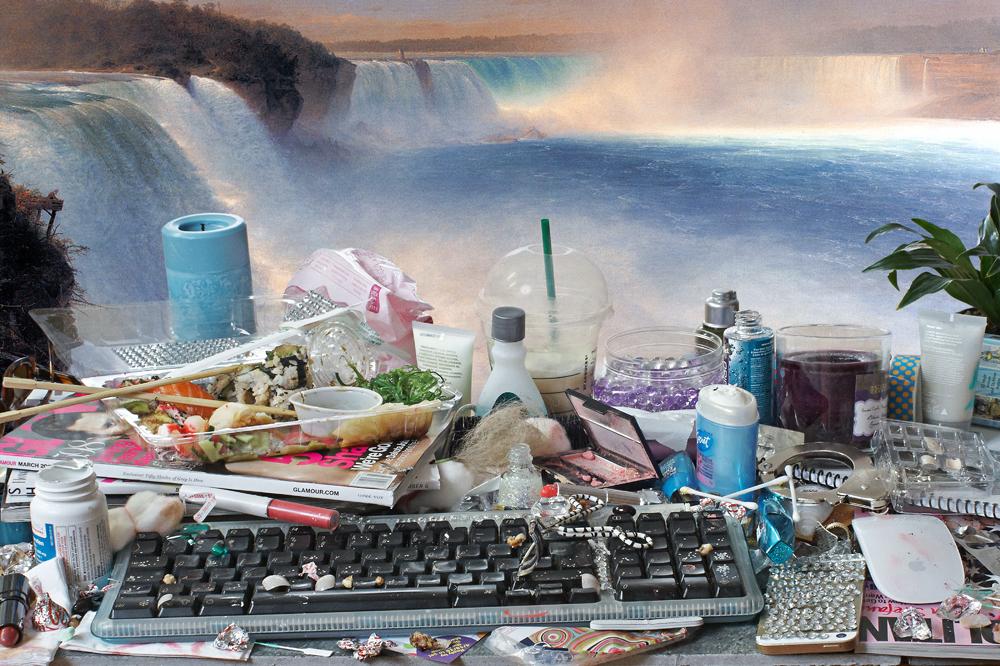This is one of the major drawbacks of the influence that technologyhas had in the creative world. Because people have gotten accustomed to thefact that they can get whatever they want from the Internet with just oneclick, they expect the exact same result from artists, and they forget that thereason why they share their artworks is to express and please themselves, andnot everyone else. Furthermore, Nor expresses that she has felt the strains ofperforming on a stage that is so over-soaked and, in a way, fake and “eager toplease”. Instead, she's been concentrating on appreciating the creative processonce more, “I've been working on pieces that I don’t feel the need to sharestraight away, so I have more time to develop and grow as an artist.”
In an already competitive world, the only thing that the tech world and more specifically, social media is doing, is placing artists in a competition against each other, where the winner is not the one that provides the most expressive and detailed pieces of work, but the one that is able to produce and post ‘content’ the fastest online.



